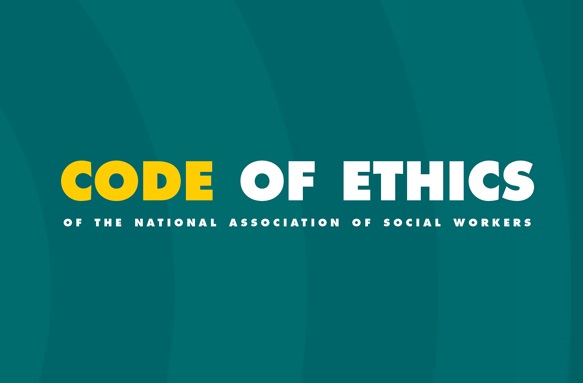By Rena Malai and Paul R. Pace, News staff
As NASW celebrates its 60th anniversary this year, the NASW Code of Ethics recognizes its 55th year and two NASW committees celebrate 40 years — the National Committee on Racial and Ethnic Diversity and the National Committee on Women’s Issues.
NASW Code of Ethics
The NASW Office of Ethics and Professional Review launches a yearlong celebration this month to recognize the 55th anniversary of the Code of Ethics.
The office will lift up social work ethics through a social media campaign, special programming and the sale of promotional anniversary items such as mugs, T-shirts and water bottles, said Andrea Murray, senior ethics associate at NASW.
The campaign aims to engage the social work community in recognizing the importance of social work ethics, she said.
“We plan to use social media to ask such questions as, ‘Why is ethics important to you?’ And, ‘What is the most important standard to your line of work?’” said Dawn Hobdy, director of NASW Ethics and Professional Review.
There will be a commemorative issue of the Code of Ethics for sale during the campaign as well. A percentage of the proceeds will benefit the Wichers Fund, which supports ethics programming and education for social workers, Hobdy said.
During this 55th year celebration, the association is reflecting on the rich history of the Code, while anticipating what lies ahead.
“We’re looking to celebrate and recognize social workers who have worked on the various revisions to the Code since its inception in 1960,” Hobdy said. “We’re also excited about promoting the Code of Ethics to the future generation of social workers.”
She noted that the Code of Ethics provides social workers with guidance for maintaining high standards for ethical practice in their work.
“Ethical decision-making is important and sometimes very difficult,” Hobdy said. “The Code is a document that provides guidance so that social workers are not left out on their own. It’s a living document that supports good ethical decision-making.”
Excerpted from the October 2015 NASW News




